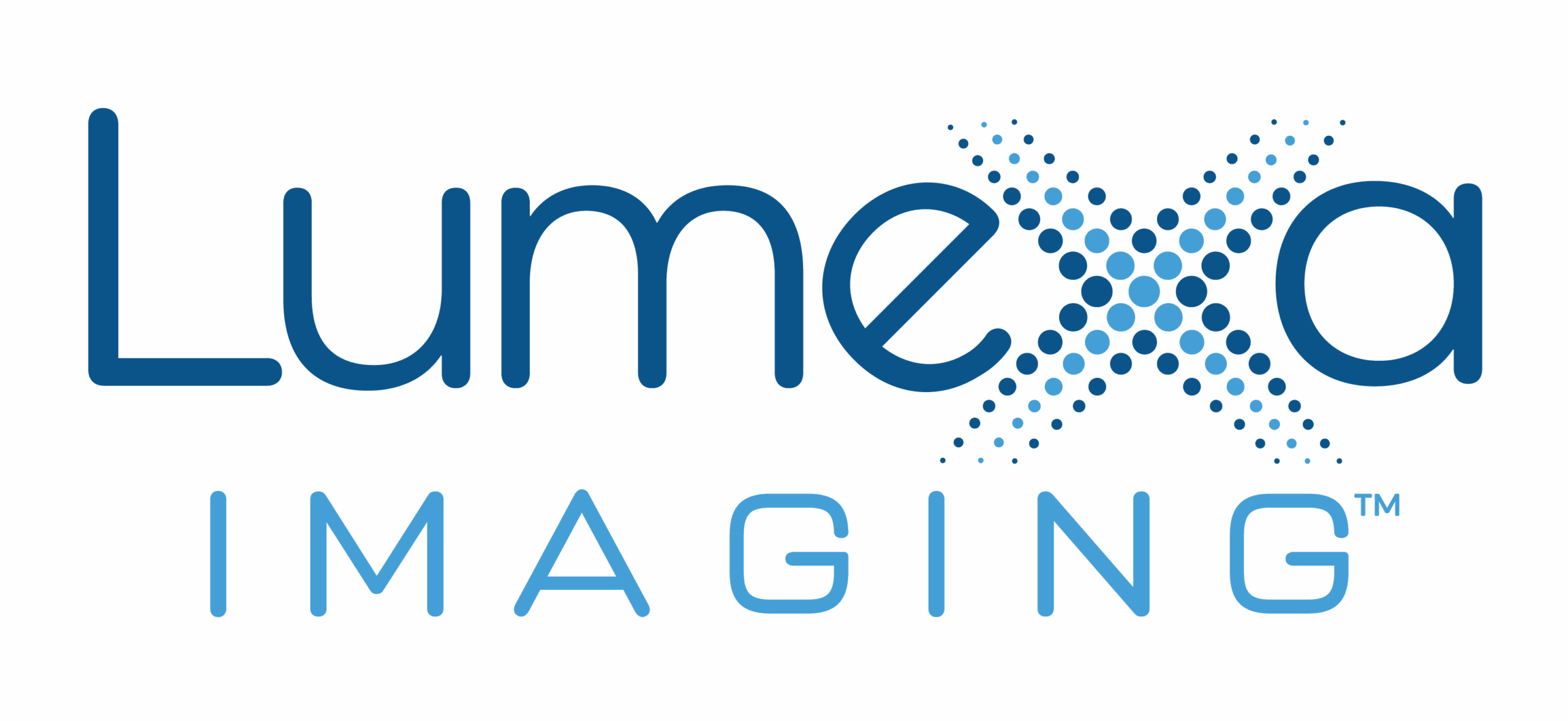When you are in your 40s, you might think you’re too young to get breast cancer, especially if you don’t have a family history of the disease or any known risk factors. However, breast cancer in young women can occur. In fact, nearly 10% of breast cancers are diagnosed in women younger than 45, and three-fourths of women who are diagnosed with breast cancer have no family history, making it an important topic for young women to consider. Even younger women need to be informed about breast cancer prevalence and risk so they can be breast aware. Knowledge is power and can help inform a breast health plan that is right for you.
Read More: 8 Common Breast Cancer Myths Debunked
Who’s at Risk for Early Breast Cancer?
Breast cancer will affect 1 in 8 women in her lifetime. Of those diagnosed, 1 in 6 cancers will occur in women aged 40 to 49. Most women diagnosed have no family history, yet breast cancer in young women is more often hereditary than in older women.
“Breast cancer incidences substantially increase around age 40,” says Stephanie Morgan, M.D., a board-certified radiologist who subspecializes in breast imaging and mammography at Charlotte Radiology. “There is also clinical evidence that some of these breast cancers in younger women can be more aggressive, which makes early detection critical.”
Risk factors for younger women can include:
- Genetics, including changes in the BRCA1 and BRCA2 genes
- Having a first-degree relative (mother or sister) who had breast cancer before age 45
- Having dense breasts — you are more likely to have a higher breast density if you are a young woman, pregnant or breastfeeding, are taking hormone replacement therapy, or if you have a lower body weight
- Having received radiation to the chest as a child or young adult
- Being of Ashkenazi Jewish descent
By modifying certain lifestyle factors — including making physical activity and a healthy diet part of your weekly routine, using birth control, breastfeeding, limiting or eliminating alcohol, smoking and exposure to environmental toxins —a young woman can make choices that may help to manage risk.
“Maintaining good health, including breast health, should be a priority for all women, and especially younger women who are in their prime years, juggling family, kids, work and other commitments,” Dr. Morgan says. “It’s a busy time of life, but we need to make time to take care of ourselves.”
Read More: 10 Mammogram Questions You’re Too Nervous to Ask
Early Detection’s Role in Diagnosing Breast Cancer at Every Age
Screening mammograms are crucial for identifying breast cancer early when it can be treated with less invasive treatments and with improved outcomes and survivorship. Clinical studies have shown that women whose breast cancer is diagnosed at stage 0 or stage 1 have a nearly 100% 5-year survival rate. Early detection is key in finding and fighting breast cancer.
Per breast expert guidelines, women of average risk for developing breast cancer should begin annual screening mammograms at age 40. Screening starting at age 40 has been shown to decrease breast cancer deaths by 40%.
Women who have risk factors for the disease should talk to their physicians about beginning screenings earlier. Some breast health guidelines recommend baseline screening at age 35 if a woman has known risk factors.
“If you have a family history of breast cancer, the recommendation to begin screening is 10 years before the age of diagnosis of your first-degree relative,” Dr. Morgan says. “If your mother (or sister) had cancer at 42, then you would need to start screening at 32.”
Additionally, if you are considered higher risk, there are supplemental screening options available, including breast MRI and breast ultrasound, which can be added to 3D mammography. Talk to your doctor about which of these supplemental screenings should be considered as part of your breast health plan.
You should also schedule regular wellness visits and perform monthly breast self-exams, which help you become familiar with your breasts and identify changes in your breast health. If you see or feel a change or something concerning, schedule an appointment with your physician.
Read More: The Best Thing I Did Was Get My Annual Mammogram
Facing a Breast Cancer Diagnosis: You Are Not Alone
Whether or not you get regular mammograms, there’s a chance — although small — that you will develop breast cancer. If you find yourself facing the disease at a young age, consider the following factors as you discuss your treatment plan with your care team:
- Juggling family obligations and treatments. Treatments can impact your energy levels and have other side effects that may make caring for your family difficult. Rely on your family, partner and friends for support. You don’t have to go it alone. Additionally, your doctor and patient navigator will be able to point you to community resources that can help. Many communities have breast cancer support groups specifically for younger women.
- The cost of care. You may have private insurance, and coverage can vary widely. Or you may have no insurance coverage at all. Many healthcare facilities have financial navigators who can help you understand your coverage and find payment assistance programs if you need them.
- Your family goals. Certain breast cancer treatments can impact your ability to have children or cause menopause to start early. Ask your provider about your options for preserving your fertility before or after treatment.
- Your mental health. Cancer can affect how you feel about your body, increase your stress levels, cause depression and anxiety, and have other impacts on your mental health. Find a support group for young women with cancer so you can discuss your concerns with other women in similar life situations.
Regardless of what age or stage you are in your breast health journey, Charlotte Radiology is here to help support you with comprehensive screening and diagnostic breast imaging services. Our priority is you and your breast health, so we can make early detection accessible and convenient during a busy time in your life.



